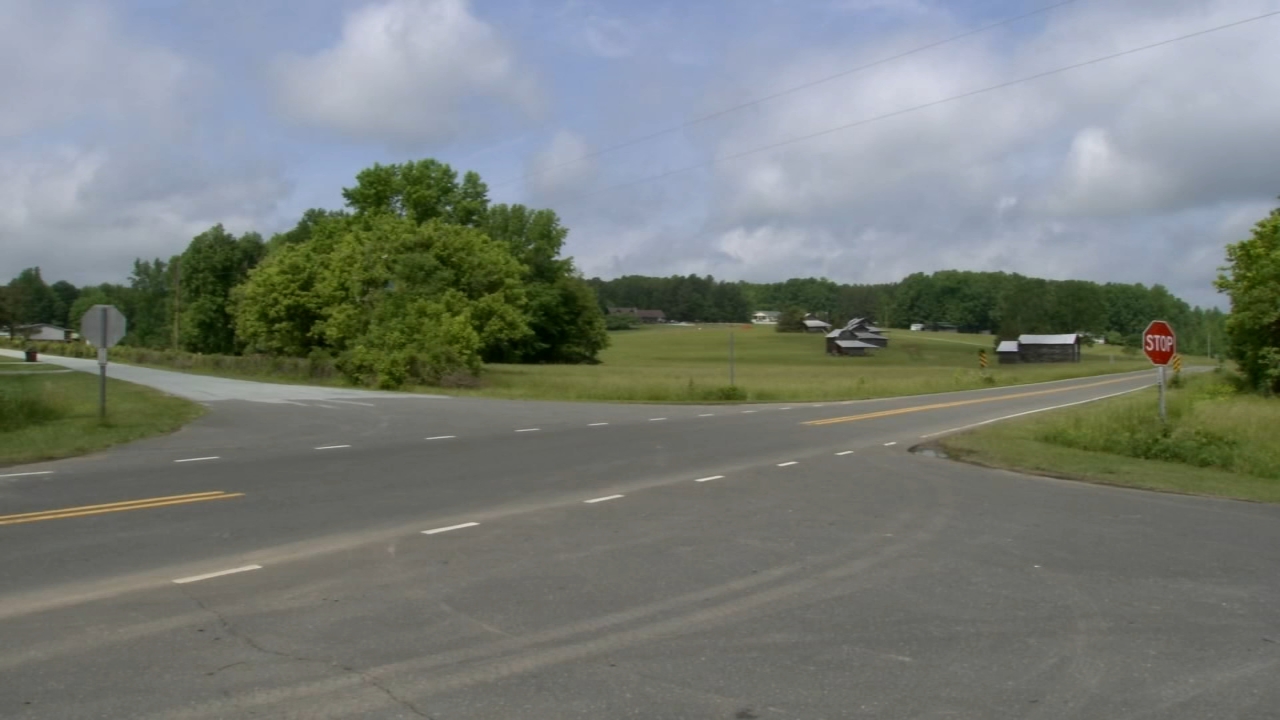Freezing overnight temperatures pose threat to outdoor plants: 'The most frustrating thing'

RALEIGH, N.C. (WTVD) -- With freezing temps overnight into Monday, there is concern for outdoor plants and the threat the outdoors can have on the stability of the plants.
As the spring season kicks off, perennial plants are in the early stages of being planted. However, experts say temperatures below 45 degrees can pose serious dangers for outdoor plants that aren't considered shrubs.
"This is North Carolina and, you know, it's up and down around here. That's the most frustrating thing, really," said gardener Robert Hobbs. "That and even though it's cold, you still need to keep them watered. Especially the first year or two. Once they get established, they can pretty much handle it on their own."
Hobbs spent part of his Sunday with his son, Grant, deciding what to pick out at the State Farmer's Market in Raleigh.
"It's not easy. Everybody struggles," Hobbs told ABC11. "But that's what I learn. We were even saying your best gardeners are going to lose plants. I'm 62 and still learning."
ALSO SEE: Prepare your home for freezing temperatures
Meanwhile, horticulturist John Harmuth with Longhill Nursery has more than 30 years of experience in dealing with plants. He suggests keeping outdoor plants covered with a cotton cloth or a towel. He strongly discourages the use of a plastic covering because the material transfers cold to the plants and causes damage.
"That is a rookie mistake quite often made," he joked. Especially, he said, "Sensitive plants like basil, tomatoes, peppers, warm season type of crops. It's too cold in the night."
Harmuth recommends shrubs, such as camellias and arborvitae, to withstand the cold temperatures.
"These plants can take it and be planted any day of the year. They survive outside all year long in the fields. They've been frosted and frozen all winter long. They're very safe to plant without any fear," he said.







